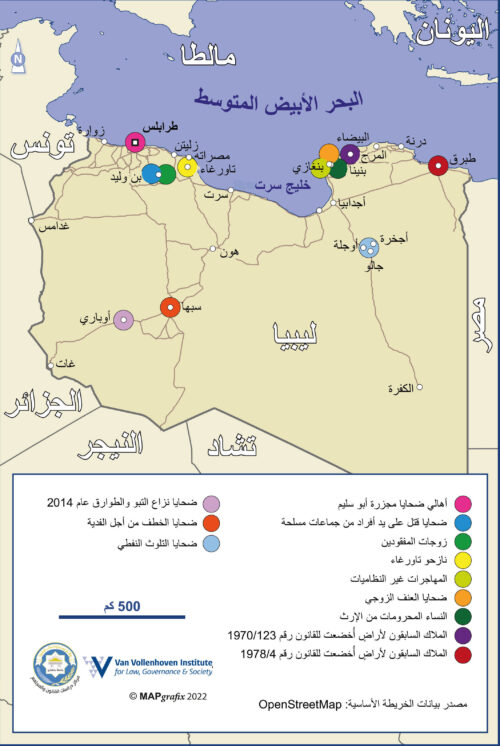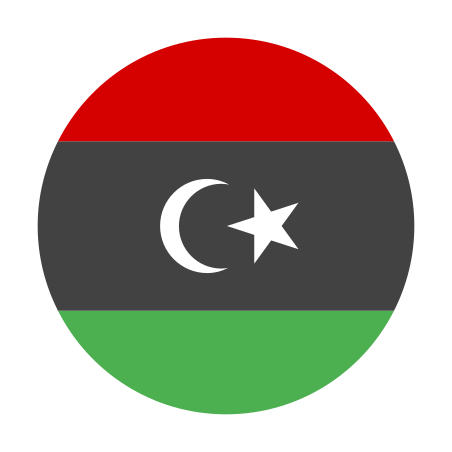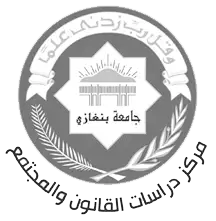Project Phase 1
In the first phase, which ran from 1 September 2021 to 31 October 2022, researchers carried out qualitative research in different parts of Libya. They have written 12 case studies on a variety of justice concerns, focusing on justice seekers and their 'justice journeys'. The summaries of these case studies can be found in the 'Opinions'-section of this website.
| Project Manager | Suliman Ibrahim |
| Duration | 2021 - 2022 |
| Main project | Access to Justice in Libya (A2JiL) |
In the first phase, which ran from 1 September 2021 to 31 October 2022, researchers carried out qualitative research in different parts of Libya. They have written 12 case studies on a variety of justice concerns, form the perspective of 'justice seekers'. These included:
- The relatives of victims of the Abu Salim-massacre in Tripoli.
- People who suffered damages during the 2014 conflict in Ubari between Tebu and Tuareg.
- The relatives of murder victims in Bani Walid.
- The wives of men who have gone missing in Bani Walid.
- The relatives of abducted children in Sabha.
- Displaced Tawerghans now residing in Tripoli.
- Irregular female migrant women in Benghazi.
- Women who were disinherited by their male relatives in Benghazi.
- Women who were victim of domestic violence in Benghazi.
- People in the Green Mountains who try to reclaim land which was redistributed after Law 123 (1970) of the Gaddafi-regime.
- Oasis inhabitants who suffered from polluting oil companies in Jalu.
- People who try to reclaim land which was appropriated by the Gaddafi-regime state through Law 4 in Tobruk.

Throughout, we were especially interested in people's 'justice journeys': the process they went through to find a resolution to their justice concern. We drew inspiration from Felstiner, Abel, and Sarat's 'The Emergence and Transformation of Disputes: Naming, Blaming, and Claiming' and Bedner and Vel's 'An analytical framework for empirical research on Access to Justice', and designed our own ideal-typical 'pathway to justice' which we used to analyse the steps people went through and the obstacles they met along the way (see below). We conceived of ‘justice seeking’ and people's ‘justice journey’ in broad terms: people may or may not approach lawyers and the state judiciary, and may well turn to non-state or even clandestine actors or processes to find a resolution. A quantitative approach of the same questions will be undertaken in the project’s third phase.











